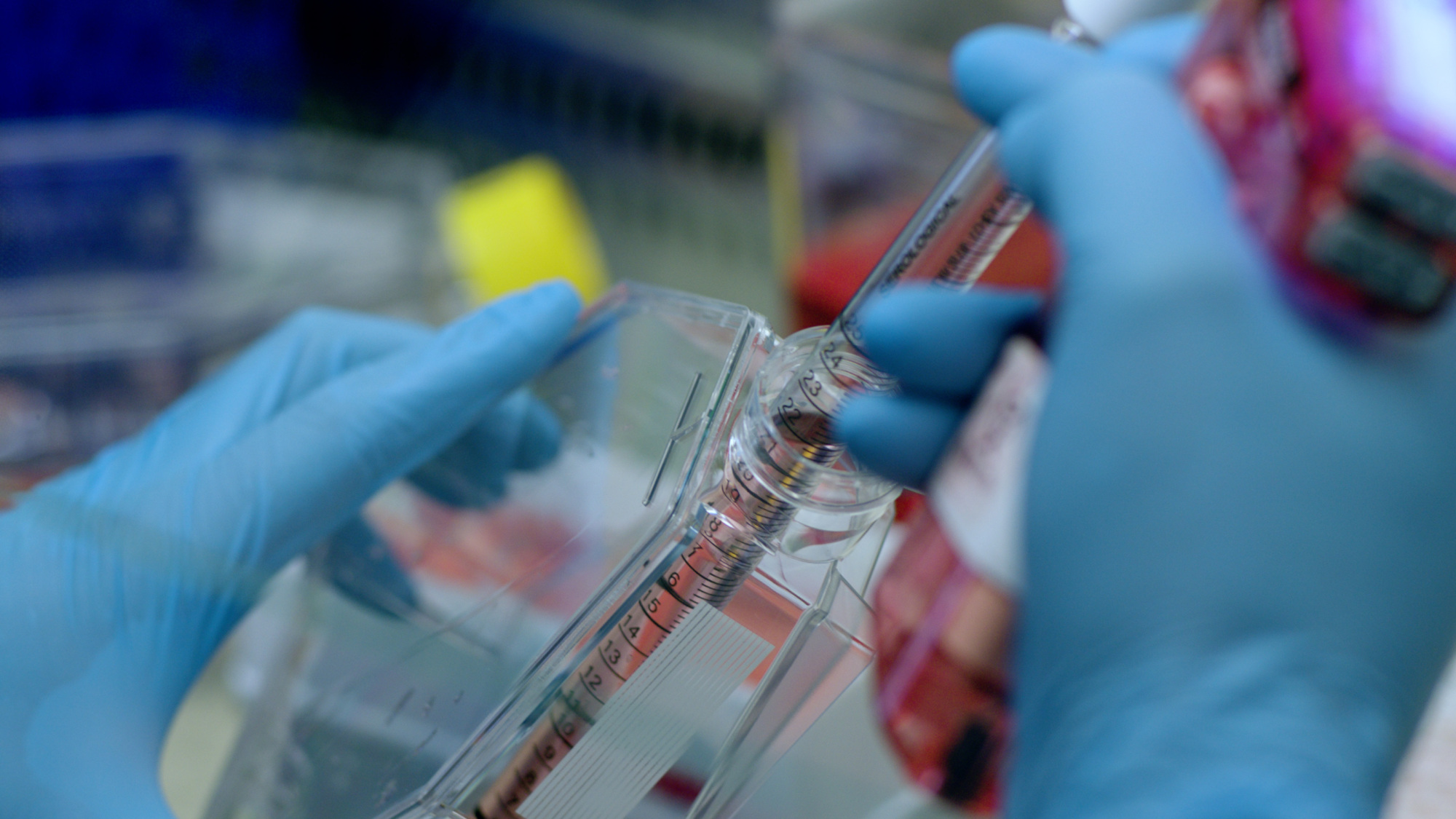
What is RVCL?
Retinal Vasculopathy with Cerebral Leukoencephalopathy ("RVCL") is a rare and fatal genetic disease. We are committed to supporting meaningful research to find treatments and a cure for RVCL.

About RVCL
Retinal Vasculopathy with Cerebral Leukoencephalopathy (RVCL or RVCL-S) is a rare genetic disease that affects the small blood vessels. RVCL is caused by inherited mutations in the TREX1 gene. In patients with RVCL, blood vessel abnormalities are associated with damage of multiple organs including the brain, eyes, kidneys, the bones, and the liver. Although, there are fewer than 200 known patients and 50 families diagnosed with RVCL in the world, it is believed there is much higher population that has been misdiagnosed or undiagnosed.
RVCL is inherited in a autosomal dominant pattern, which means that about half of family members are affected. Each affected individual has a 50% chance of passing the disease to each child. RVCL also has been referred to by other names, including cerebroretinal vasculopathy (CRV), retinal vasculopathy with cerebral leukodystrophy (also RVCL), hereditary endotheliopathy, retinopathy, nephropathy and stroke (HERNS), and hereditary vascular retinopathy (HVR).

